Spend wisely: improvement tips
Only a very small number of improvements will add genuine value to a house. Carla Passino finds out what they are
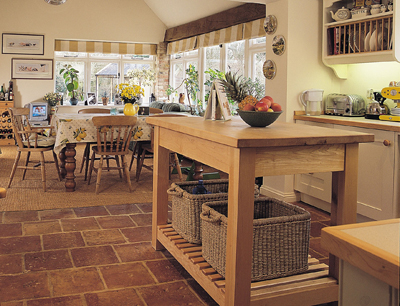

The lure of the renovation project is bound to tempt every country home owner at some stage in their lives. But it is a truism among estate agents and property professionals that only a very small number of improvements will add genuine value to a house. Sure, many will make it more enjoyable for the owners to live in there. But only a handful will really bring a return. So which ones are they?
Generally speaking, they are improvements that expand the property’s floorspace, privacy and liveability.
Right some wrongs
Fixing obvious problems is the best place to start when considering valuable improvements. ‘Condition is always crucial to get top price,’ says Nick Churton of the Mayfair Office.
In particular, ‘removing a problem can be hugely beneficial to value,’ says Jonathan Harington of property buying agent Haringtons UK. For example, he says, if you have a house that it is approached directly off a road, ‘a new drive sweeping around the back of the house with some good tree and shrub planting can take the mind away from the road and increase value.’
His associate Russell Hill also suggests ‘turning ugly ducklings into swans by creating symmetry where it is currently unbalanced.’ This can often be achieved by replacing windows. ‘Look at plain Victorian sash windows versus square paned Georgian ones for example, or square paned casements versus plain casements,’ he says.
A paint job can also make a huge difference with little effort. ‘Ugly brown brickwork or dark brown windows can be softened by painting cream or white,’ Mr Hill says. ‘Simply applying softer colours outside and inside can transform a house. And for something slightly more ambitious, removing ugly concrete tiles and replacing with clay or real slate can again change the aesthetics dramatically.’
Sign up for the Country Life Newsletter
Exquisite houses, the beauty of Nature, and how to get the most from your life, straight to your inbox.
Maintaining the fabric of the house is equally crucial, according to James Borradaile of Jackson Stops & Staff. ‘Buyers like spending on kitchens, bathrooms, décor, soft furnishings—not maintenance.’
Create a new room—or a new house
‘To add value to a property the golden rule is to retain or increase square footage,’ says Richard Marsh of property buying agent Property Vision. If tastefully done, another room or two—whether a conservatory, a rear, side or barn extension or a loft conversion—are likely to get owners ‘the best bang for their bucks,’ according to luxury property developer Alan Waxman of Landmass London. ‘Additional practical and attractive space is always interesting to a potential buyer. They will either let the house sell more quickly, or at a small premium.’
Creating bigger rooms can achieve the same effect, add Mssrs Harington and Hill. For example, says Mr Hill, consider ‘creating an American style open plan living space around the kitchen where you can cook, dine and chill out on a sofa. Likewise, ‘vaulting bedrooms upstairs in period houses can make a significant difference (but if you own a listed building, you will need to consult the conservation officer). Equally, taking out the first floor over an entrance hall can create a really special galleried hall. Or if the house is single storey, vault the roof to create greater volume.’
In short, try and create a sense of space, urges Tom Hudson of property buyers Middleton Advisors. ‘Making the most of the inside space, and creating a feeling of space is much more important when selling a country home than putting in a new kitchen or bathroom, which tend to get changed in any case when the new owners move in.’
However, bear in mind that ‘most people prefer a five bedroom house with reasonably sized bedrooms to the same house with three converted oversized bedroom suites,’ says Mr Marsh.
And remember that ‘the uplift in value [generated by a renovation] may have been cancelled out by the cost of the work,’ warns Mr Churton. ‘Very often the increased value is never far away from the cost. What is very valuable, however, is to at least have any planning permission in place. This adds the value of opportunity.’
Even just maintaining outbuildings in good order helps. ‘People want good outbuildings for whatever they might require—secondary accommodation, offices,’ says Mr Borradaile. ‘They will cement value.’
But beware over-personalising both your property and your farm buildings. ‘Leave as much scope for an incoming purchaser to put their mark on it,’ he says. ‘This is where you widen your market to the largest number of potential purchasers.’
Buy more land
No improvement will be worth much if an eyesore crops up within view of your home. For this reason, Mr Harington recommends buying more acres to create a verdant cushion around you. ‘It depends on the size of the house, but often a property's value can be increased dramatically by not only having extra land for enjoyment, but also ensuring that nothing can happen on it which would adversely affect the house,’ he says. ‘Once the property's boundaries are protected, your investment is protected and, in a good or bad market, it will not only attract more buyers but will create competition and inevitably speed up the sale.’
What can these improvements achieve?
It depends on the house but the right improvements can help your home sell more quickly and maybe even add a premium. Before you embark on a renovation project, however, Mr Waxman suggests to ‘pass your ideas past two or three local estate agents, and you’ll get their view of whether your proposed improvements will affect the price or saleability. It’s not an exact science, so speaking to two or three agents helps you build up your own picture.’
How much should you spend?
Getting an idea of the value your planned works may add to your home will also help determine how much to spend on them—after all, overcapitalisation is always a risk when renovating a property. To prevent it, work out a budget linked on the value the improvements may generate. ‘It is important to have a sensible valuation carried out on the property in the first place,’ says Mr Churton. ‘Then have a careful consultation with architect and project manager to ensure that costs are kept to an acceptable level.’ And once you have the final figure, says Mr Hill, ‘stick to it.’ And above all avoid…
Avoid putting in a pool, unless you do it for personal enjoyment. ‘Some people think luxuries such as a swimming pool or wine cellar adds value, but others may perceive it as impractical or a waste of space,’ says Mr Marsh. ‘They can put off as many buyers as they attract.’
And beware ‘extravagant features such as heated driveways, gold leaf on the ceiling and golf simulator rooms’ because they don’t add value, Mr Marsh says—they only add to the asking price, thus potentially deterring prospective buyers.
* For more news stories like this every week subscribe and save
Country Life is unlike any other magazine: the only glossy weekly on the newsstand and the only magazine that has been guest-edited by HRH The King not once, but twice. It is a celebration of modern rural life and all its diverse joys and pleasures — that was first published in Queen Victoria's Diamond Jubilee year. Our eclectic mixture of witty and informative content — from the most up-to-date property news and commentary and a coveted glimpse inside some of the UK's best houses and gardens, to gardening, the arts and interior design, written by experts in their field — still cannot be found in print or online, anywhere else.
-
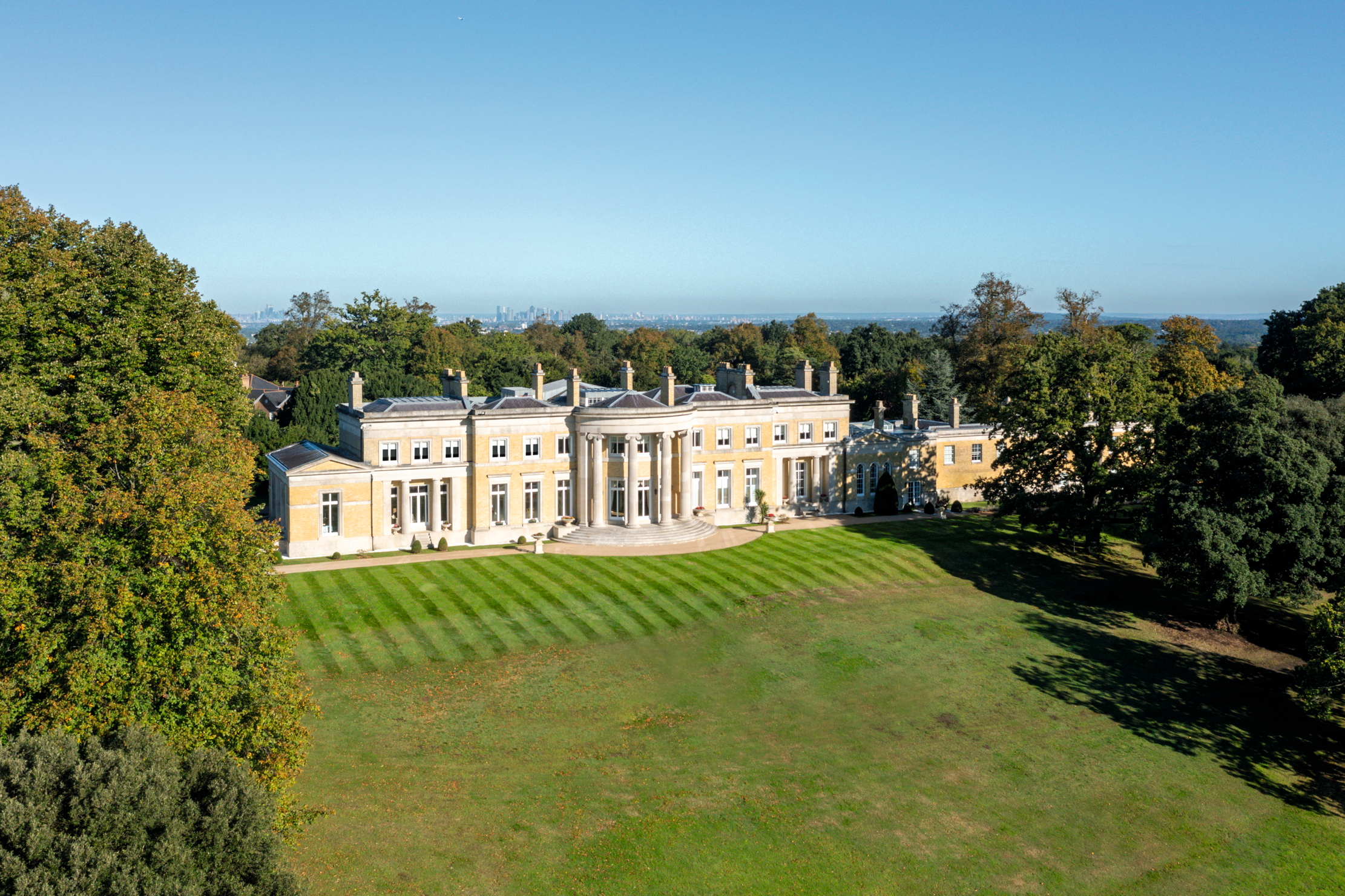 A Grecian masterpiece that might be one of the nation's finest homes comes up for sale in Kent
A Grecian masterpiece that might be one of the nation's finest homes comes up for sale in KentGrade I-listed Holwood House sits in 40 acres of private parkland just 15 miles from central London. It is spectacular.
By Penny Churchill Published
-
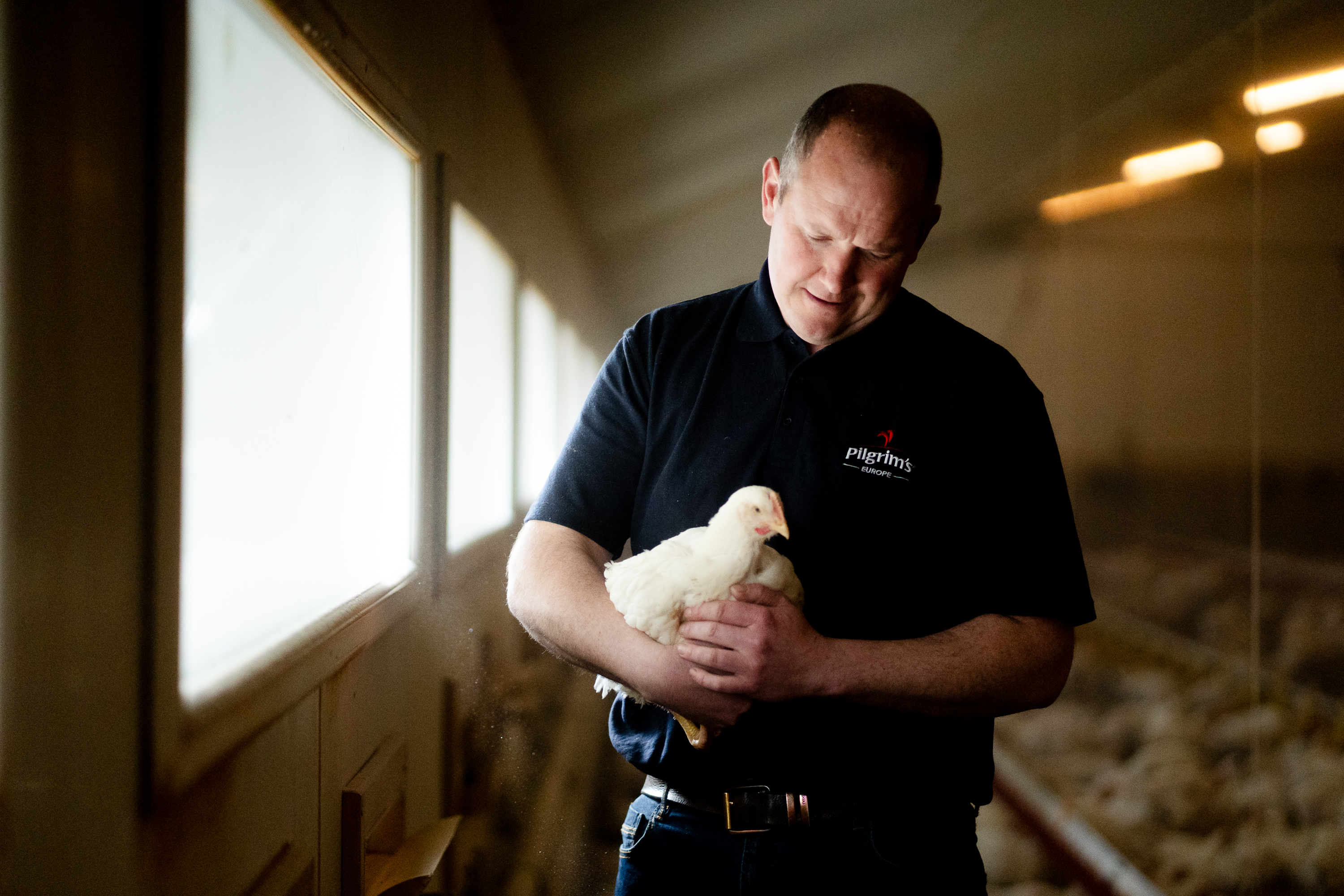 What the cluck? Waitrose announces ‘trailblazing’ pledge to help improve chicken welfare standards
What the cluck? Waitrose announces ‘trailblazing’ pledge to help improve chicken welfare standardsWaitrose has signed up to the Better Chicken Commitment, but does the scheme leave Britain open to inferior imports?
By Jane Wheatley Published
-
 What to expect when you're expecting (to move to the countryside)
What to expect when you're expecting (to move to the countryside)On March 28, agents Michael Graham will be showcasing some of their best countryside properties at their west London office.
By James Fisher Published
-
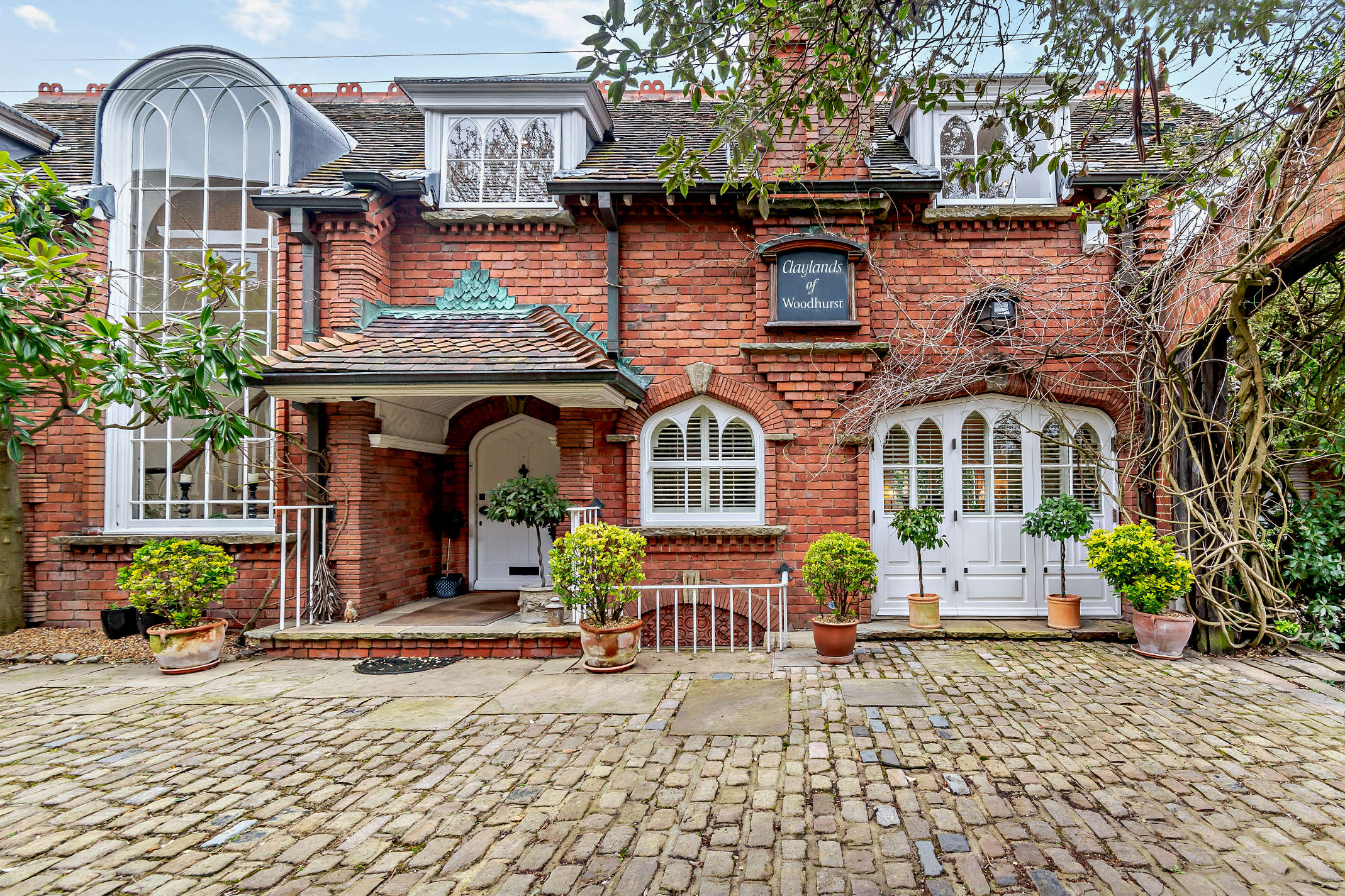 Property Talk: When is the right time to downsize?
Property Talk: When is the right time to downsize?Sometimes our homes can get too big for us, meaning it’s time to downsize. Here, we speak to those involved with the process.
By James Fisher Published
-
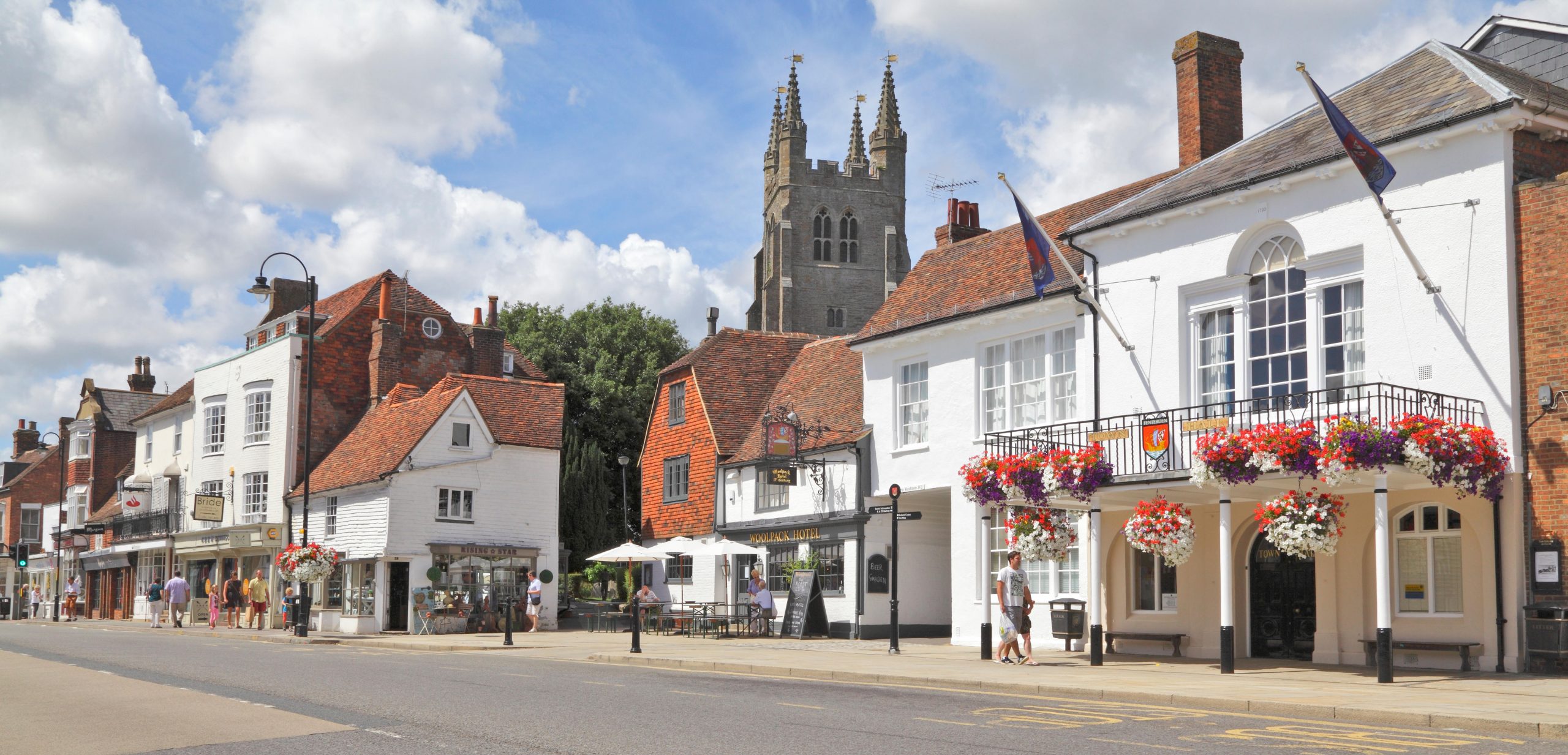 How to win in the property market: Tips from some of Britain's best buying agents
How to win in the property market: Tips from some of Britain's best buying agentsWhether looking for the perfect family home or negotiating on price, buying agents do the heavy lifting–and are well used to analysing the market. Carla Passino gets advice from a few of the best.
By Carla Passino Published
-
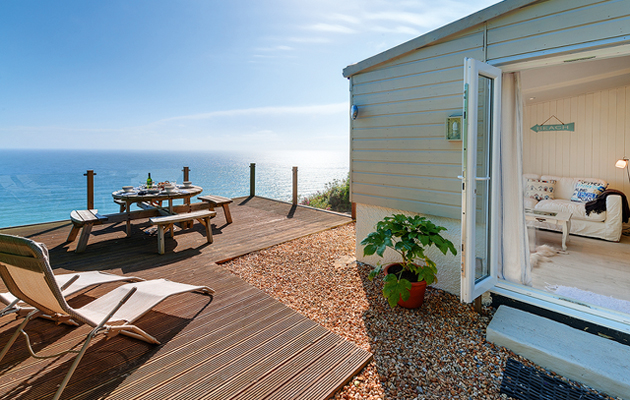 Top tips on renting your holiday home
Top tips on renting your holiday homeThe holiday-home market on the Cornish coast looks set for a lively summer. Arabella Youens finds out how to make the running costs bearable.
By Arabella Youens Published
-
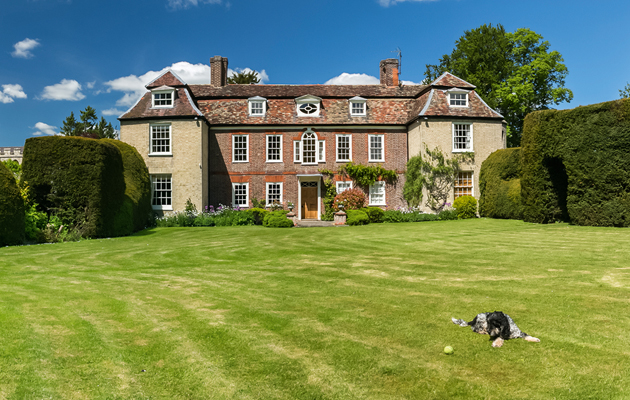 Tips and advice for holiday home owners
Tips and advice for holiday home ownersWith the start of the summer season nearly upon us, more and more country-house owners are dipping into the short-let scene.
By Country Life Published
-
 Property guide to Elstead
Property guide to ElsteadFreddie Mack shares the secrets of Elstead in Surrey, a prime spot for young families looking for properties outside London near good schools
By Country Life Published
-
 Property guide to Cheriton
Property guide to CheritonIf you're considering buying property in or around Cheriton this year, take a look at our property guide which covers where to buy, what prices to expect and where to have fun in the area
By Country Life Published
-
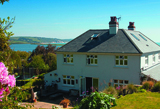 Make your holiday let work for you
Make your holiday let work for youIf you're considering renting out your holiday property prepare by reading this first
By Country Life Published
